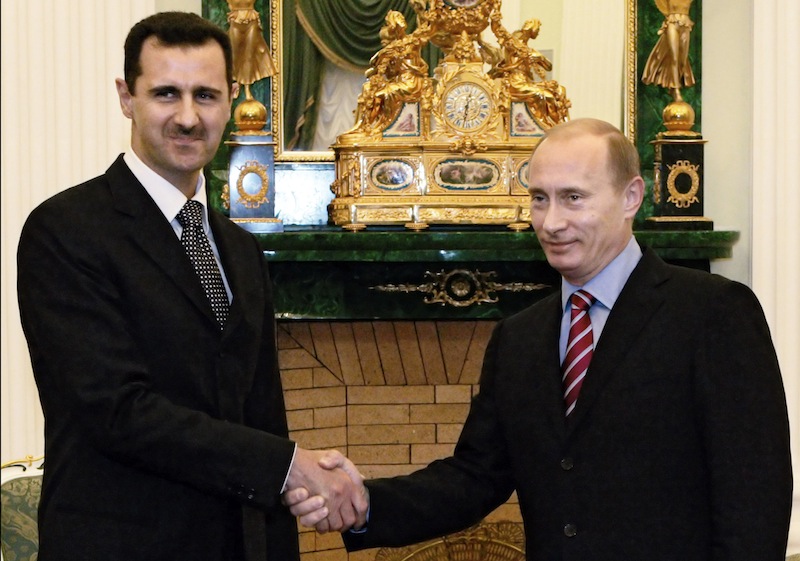More Americans have negative views of Russian President Vladimir Putin than at any time since he came to power in 2000, and a majority now see Russia as no friend of the United States, a Gallup poll released Wednesday indicated.
The survey conducted this week reflected a sharp downturn in U.S.-Russia relations over the last few months, as most respondents in a poll three months ago still held a favorable impression of the former superpower and its leader.
Putin’s granting of political asylum to former NSA contractor Edward Snowden in August, and his government’s targeting of gays and lesbians with fines and imprisonment for homosexual “propaganda,” were cited by poll analysts as likely contributors to the changed attitudes toward Moscow.
“Since 1999, Americans have considered Russia more of an ally or a friendly nation than an unfriendly nation or an enemy,” the Gallup Politics report states. “As recently as June of this year, 52 percent of Americans considered Russia an ally or friendly; yet three months later, that number has dropped to 44 percent, with 50 percent believing Russia is now unfriendly or an enemy of American interests.”
Americans’ opinions of Putin are declining as well, the report notes. Only 19 percent of the 1,010 adults surveyed rated Putin favorably, while 54 percent said they don’t like what they see. The survey reported a plus-or-minus 4 percent margin for error.
Respondents were questioned Sunday and Monday, the report said, shortly after Russian Foreign Minister Sergei Lavrov and U.S. Secretary of State John F. Kerry drafted a plan to secure Syria’s chemical weapons stockpiles under international control for eventual destruction.
Despite the general decline in Americans’ esteem for Russia and Putin suggested by the survey, a strong majority supported the U.S.-Russian collaboration on the Syrian chemical weapons disposal plan, with 72 percent approving and 18 percent opposed.
The plan drawn up by Lavrov and Kerry has at least temporarily put the brakes on threatened U.S. airstrikes that Washington and its allies had sought to punish Syrian President Bashar Assad, suspected of being behind the chemical weapons attacks on Damascus suburbs on Aug. 21.
U.S. officials said more than 1,400 Syrians, including 400-plus children, died in the attack that a U.N. inspection team on Monday said exposed the victims to asphyxiating sarin gas. Assad’s government blames rebel forces for the attack, and Russia has agreed that evidence points in that direction.
Send questions/comments to the editors.



Success. Please wait for the page to reload. If the page does not reload within 5 seconds, please refresh the page.
Enter your email and password to access comments.
Hi, to comment on stories you must . This profile is in addition to your subscription and website login.
Already have a commenting profile? .
Invalid username/password.
Please check your email to confirm and complete your registration.
Only subscribers are eligible to post comments. Please subscribe or login first for digital access. Here’s why.
Use the form below to reset your password. When you've submitted your account email, we will send an email with a reset code.